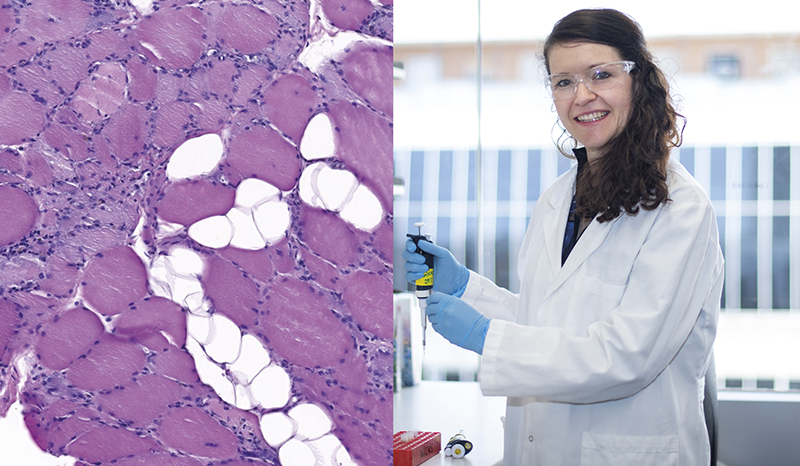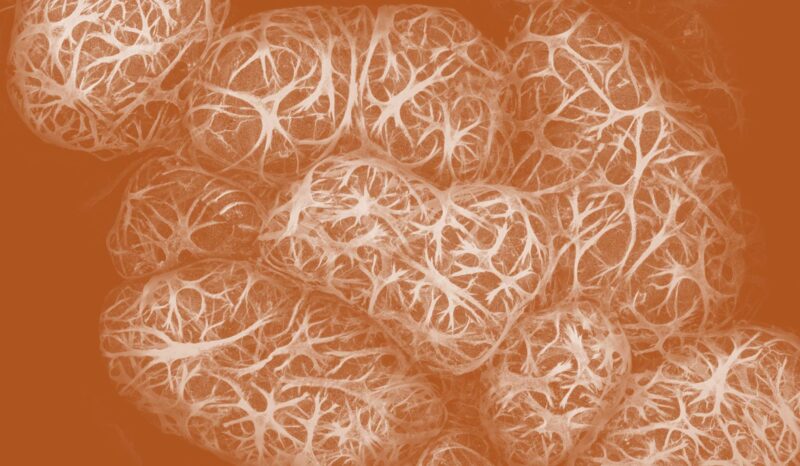Blocking malaria’s ‘Pac-Man’ enzymes
WEHI researchers, in collaboration with researchers at Merck Sharp & Dohme (MSD) in the US, have captured the first three-dimensional images revealing at a molecular level how new agents work to stop malaria parasites multiplying in the bloodstream.
Plasmodium parasites responsible for malaria make enzymes called plasmepsin IX (PMIX) and plasmepsin X (PMX) that process key proteins, enabling parasites to move in and out of red blood cells.
Two novel compounds, the results of a six-year collaboration between WEHI and MSD, had previously been shown to inhibit the actions of these plasmepsins, blocking the parasite lifecycle and stopping replication.
Now WEHI’s Dr Anthony Hodder, Dr Janni Christensen (now at Denmark’s ExpreS2ion Biotechnologies) and Professor Alan Cowman – working with Dr David Olsen and the team at MSD – have been able to visualise the compounds binding at the active sites of the enzymes.
“PMIX and PMX are like molecular ‘scissors’ and their actions can be likened to the video game character Pac-Man,” lead researcher Dr Anthony Hodder said.
“Our world-first 3D images show exactly how these compounds bind in the Pac-Man’s ‘mouth’, stopping these molecular scissors from cutting other proteins.”
“The result is that the parasite cannot move out of one infected red blood cell and invade others,” explained Dr Hodder.
Dr Janni Christensen said the findings would not have been possible without the Australian Synchrotron and WEHI’s X-ray crystallography equipment. “This technology allowed us to capture images of these enzymes magnified up to 100 million times in size,” Dr Christensen said.
“We can see in exquisite molecular detail how these compounds block the activity of PMIX and PMX to stop Plasmodium parasites from spreading.”
Professor Alan Cowman, deputy director at WEHI, said the 3D images have laid the foundation for the development of new drugs to block the plasmepsins more effectively and prevent the replication of malaria parasites. “Knowing exactly how something works helps us design new and more potent antimalarial compounds,” said Professor Cowman.









